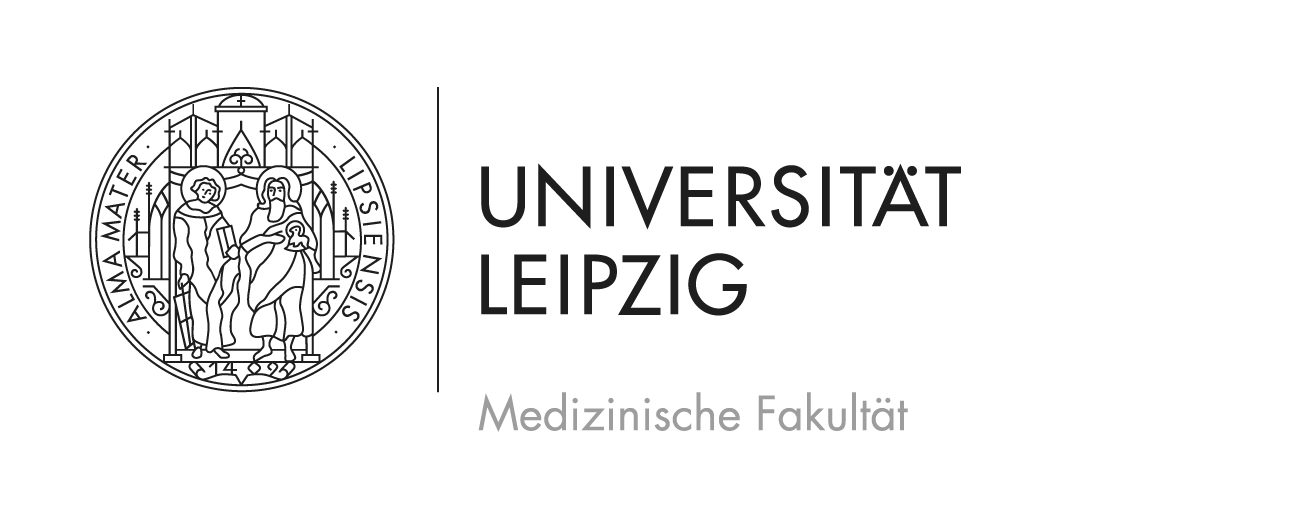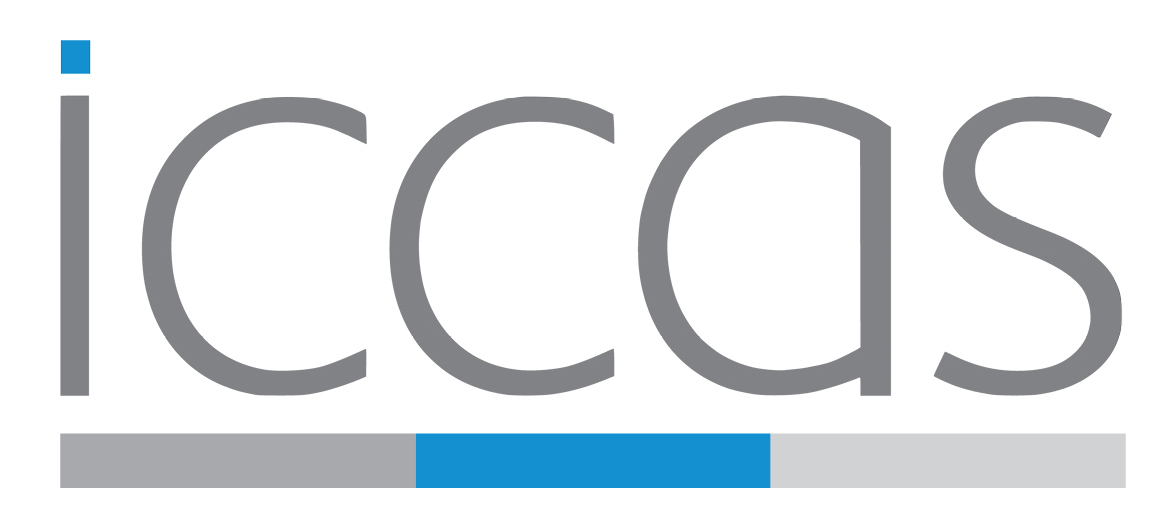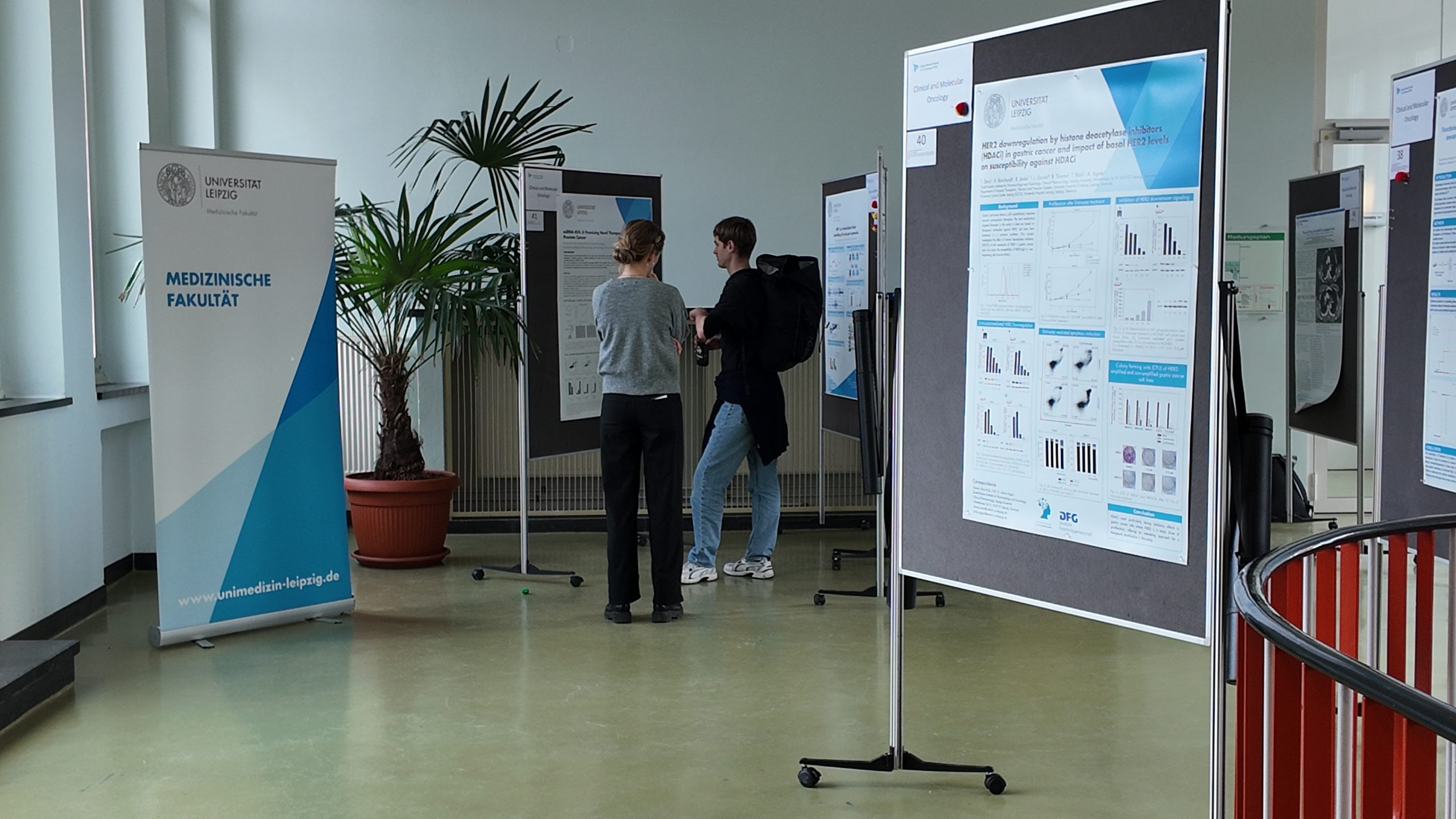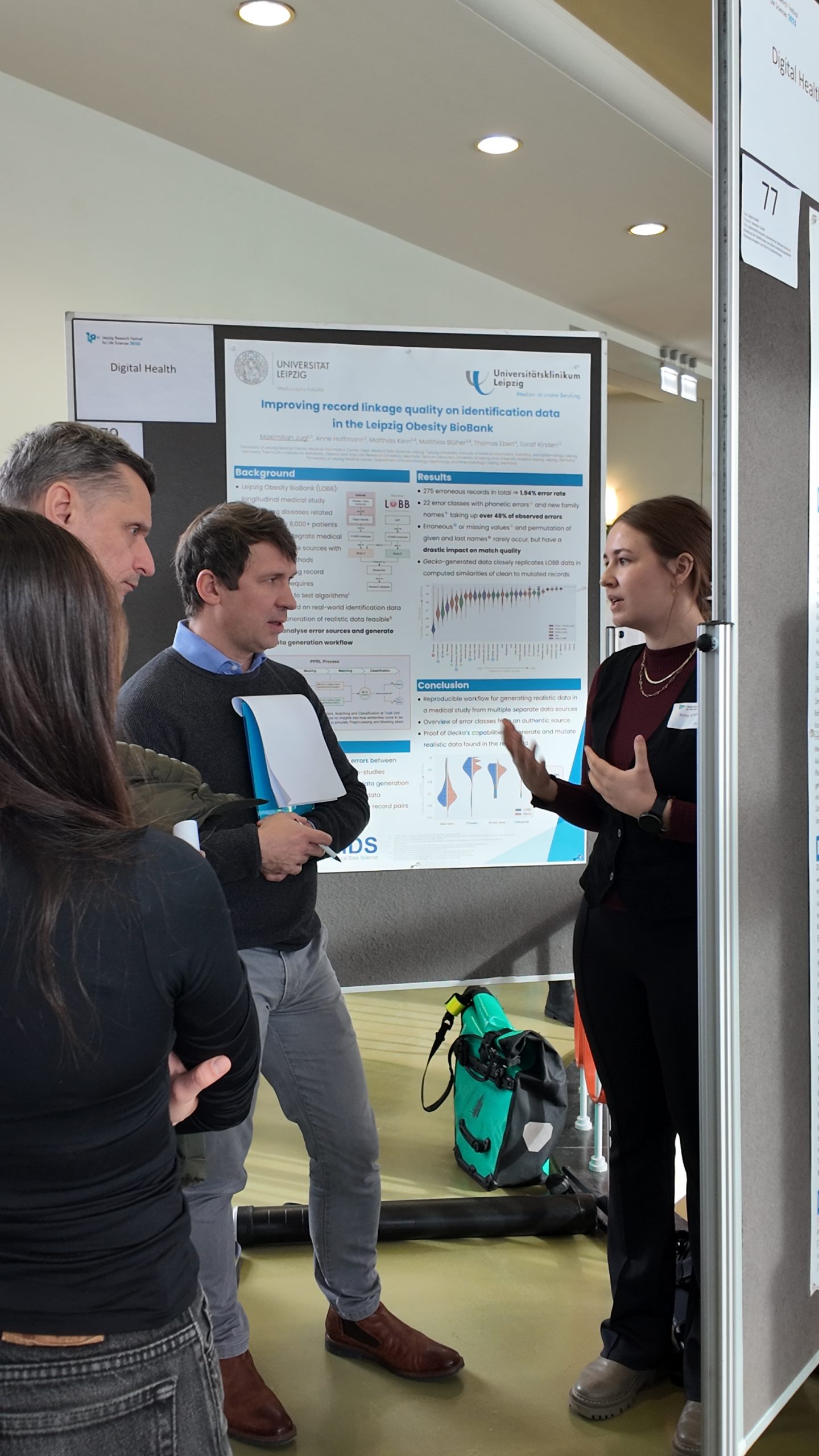On January 30, 2025, the 18th Research Festival for Life Sciences at the Faculty of Medicine’s Study Center once again provided a platform for interdisciplinary knowledge exchange and the latest research. With over 190 abstracts submitted, the focus was on digital technologies, artificial intelligence and innovative concepts in the life sciences.
ICCAS was also represented with a number of projects and showed how medical technology, AI and telemedicine are already laying the foundations for modern, patient-centered healthcare. The diverse presentations impressively illustrated how interdisciplinary collaboration can contribute to the further development of efficient and innovative medical solutions.
- Scalable anonymization of medical image data
A newly developed pipeline combines data protection and research benefits by efficiently processing sensitive images and making them accessible for AI analyses. Even large data sets can be processed securely without jeopardizing patient privacy. (Project presented by Nadja Baumann.)
- 3D-printed, soft-robotic hand
The use of flexible materials and pneumatic actuators enables a realistic simulation of human gripping movements. This lays the foundation for adaptive prostheses and precision mechanics that can adapt sensitively to different tasks. (Research project presented by Joel Focking.)
- Telemedical care via nomadic wireless networks
A specially developed architecture ensures a stable data connection even in rural areas. Prioritized transmissions and remote control of medical devices in real time allow tele-physicians to quickly access important vital data and make informed decisions. (Presented by David Lepach.)
- Reliable uncertainty estimation for AI-assisted diagnoses
onfidence in automated analyses is strengthened through targeted evaluation of different methods for error detection. The approach relies on a transparent representation of uncertainties and helps to reduce misdiagnosis. (Presentation by Adrian Lindenmeyer.)
- 5G-supported system for emergency care
A real-time transmission mechanism enables the direct transfer of vital patient data from the ambulance to the emergency trauma room. This provides hospital staff with crucial information before the patient arrives, significantly improving procedures and preparation. (Presented by Anna Schatz.)
Back to News



